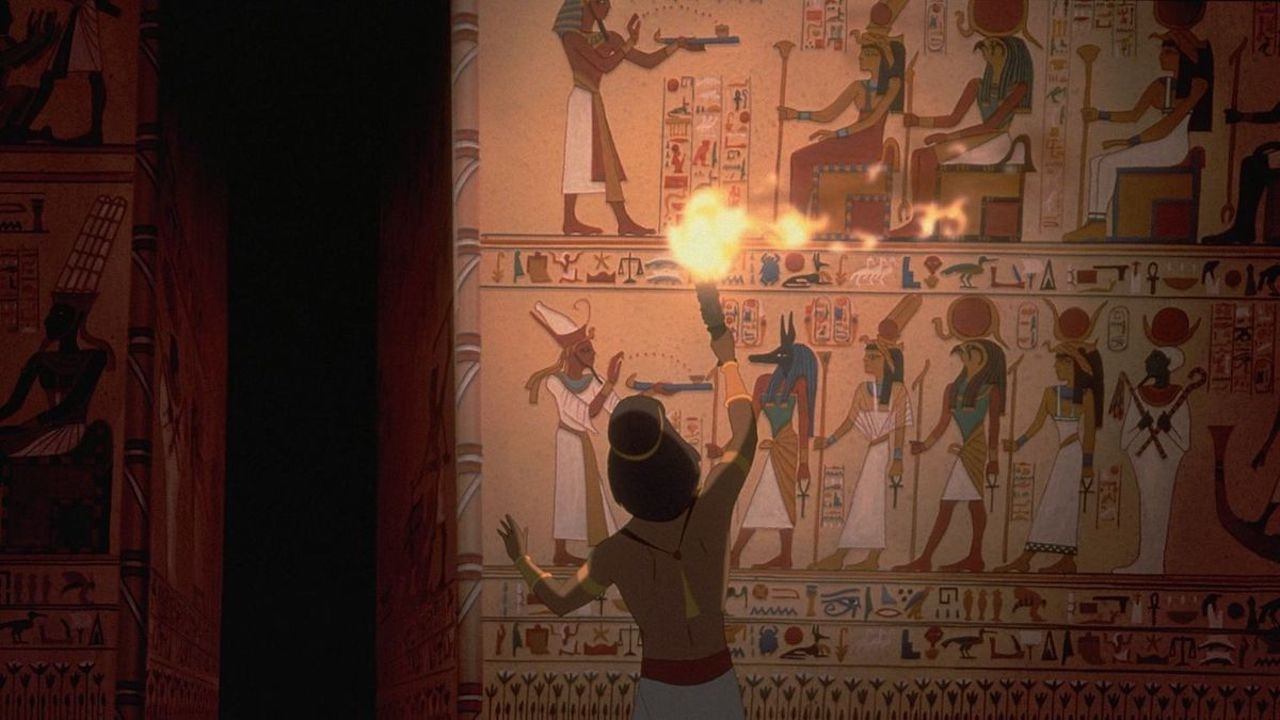

It helps that Huxley was a member of one of Britain's most important and productive scientific families (his older brother Julian was a leading evolutionary biologist and his grandfather Thomas was Darwin's Bulldog, the man who argued Darwin's idea in public for him). For one, the biological techniques described in the book (such as cloning) would turn out to be remarkably similar to those used in the modern day, despite this novel being written in the 1920s, decades before real science would ever reach this stage. This novel is famous for quite a few things. After growing up on a New Mexico reservation, one of the novel's protagonists leaves for the wider world ( along with bringing some Shakepeare with him), where he quickly becomes a celebrity but at the cost of his own sanity as his ideals and emotions clash horribly with that of the rest of society. The only exception to all of this are the " Savage Reservations", barbaric and primal communities where people still live with nature and its cruelties and limitations, where people are born naturally and know the full range of emotions. (No, he doesn't actually create True Art. Unfortunately, he suddenly wants to create True Art, and True Art Is Angsty.

And we have a Type Alpha who's in a critical position in society: he writes advertising jingles. We have a Type Alpha who is not as tall and strong and beautiful as most, looking more like a Type Gamma there are continual jokes about his jar getting spiked with alcohol. Genius creates the risk of madness-yes, in this society, unhappiness qualifies as madness. The cost of continuing to breed people smart enough to keep society running is the risk of emotional instability in those people.


 0 kommentar(er)
0 kommentar(er)
